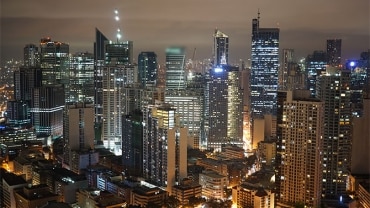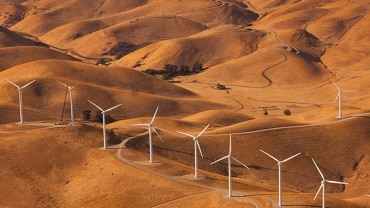
In recent years, countries in the Middle East and North Africa (MENA) have been working to integrate the 17 UN Sustainable Development Goals (SDGs) into their national development plans. The COVID-19 pandemic presents an opportunity to put the SDGs at the centre of the stabilization and recovery efforts.
The importance of the SDGs stems from the tangible benefits they provide to different economies under stress from the pandemic. For non-oil economies, the pandemic reinforces the need for resilient and renewable energy systems that can withstand trade disruptions in line with SDG 7 of Affordable and Clean Energy. For economies with a substantial informal sector, SDG 1 of No Poverty affirms the need for effective supports for critical groups contributing to the socio-economic fabric of a country. The SDG framework can serve as a blueprint for determining a response to the crisis and ensure inclusive and diversified economic growth that is consistent with national medium- and long-term plans.
MENA governments will need to make changes to their planning with three guiding principles.
As they proceed with ambitious national development plans and investments, MENA countries need to bring their economic goals, SDGs, and pandemic responses together. By ensuring that these plans proceed in harmony, MENA countries can use each to reinforce the other, thereby ensuring national and sustainable development.
This article originally appeared in London School of Economics, May 2020.
About the authors
Dr. Yahya Anouti is a partner with Strategy& Middle East, part of the PwC network, and Jana Batal is a senior fellow with the Ideation Center, the leading think tank for Strategy& Middle East.
Contact us

















Menu